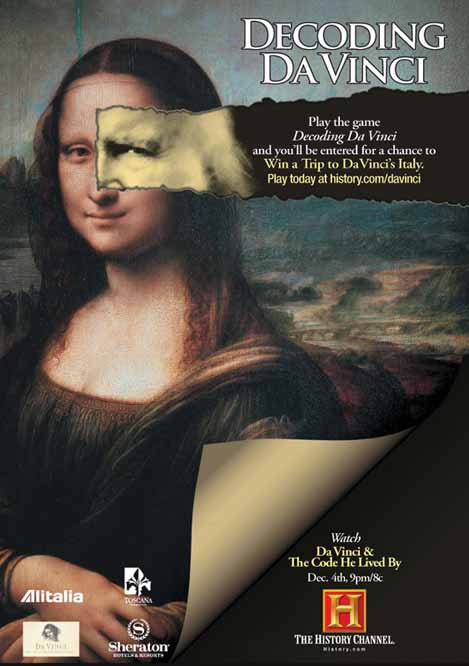
Da Vinci and the Code He Lived By
December 4, 2005 - 9:00 PM History Channel
Ellie Crystal interviews the historians from the program.

Da Vinci and the Code He Lived By
Ellie Crystal interviews the historians from the program.
How extensively have you researched Leonardo Da Vinci?
We had a researcher for about 8 weeks doing the initial research and the writer himself did considerably more. We then did the on-camera interviews with the seven scholars featured in the show (each interview was longer than an hour) and they provided another layer of information, most of which was incorporated into the program. During production, we continued our research in order to replicate specific inventions or art objects accurately as props, and during editing, research continued as we sought to deepen the content of various scenes as the full shape of the show emerged. So it would be fair to say that research was continuous throughout the project - including scholarly review and fact checking after the program was completed.
What did you learn from making the documentary that enhanced your knowledge of the life and work of Da Vinci?
One of the most fascinating aspects of this story is how the forces of politics worked on Leonardo's life, causing him to move from one city to another and to re-invent himself as his patrons and source of income changed. He was very much a creature of his time and he moved comfortably in the court life of the Renaissance princes.
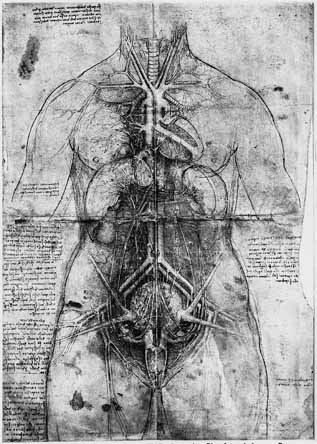
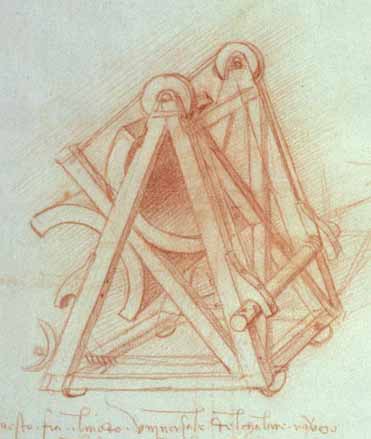
What formerly unknown information about Da Vinci do you think viewers will learn from watching the documentary?
Many viewers think of Leonardo da Vinci primarily as an artist and painter. In fact, that was not the dominant work of his life. There are relatively few surviving paintings and much more of his time was sent on investigations into science, military engineering, mechanics, anatomy and medicine - though, of course, he was one of the greatest painters of all time.
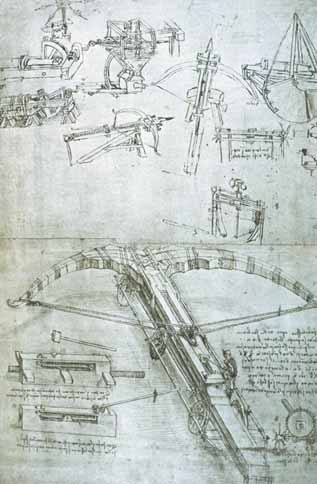
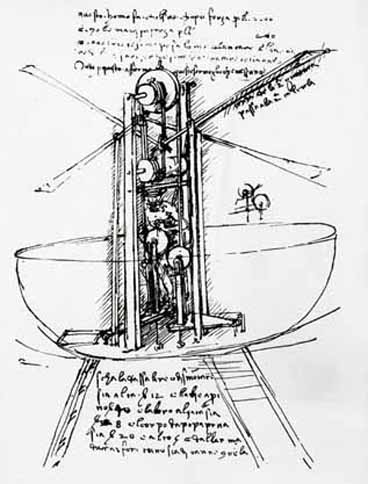
What part of the research seemed most significant to you?
In one form or another, his notebooks were the greatest source of information to us, including his many drawings as well as his words.
Do you believe this documentary accurately portrayed the life and times of Da Vinci?
We were very careful to be as accurate as we could both in the storyline and in the physical creation of da Vinci's world, through the use of locations, props and costumes. Of course, nobody really knows what da Vinci looked like, or what his studios really looked like, but by using the art of the time, da Vincišs own writings and consultation with our scholars, and I think what you see in this show is pretty accurate.
How did the political climate of the fifteenth century lead to some of his greatest accomplishments?
Da Vinci was a creature of the Renaissance. From his humble beginnings he yearned to be part of the court life, to share in the sophistication and richness of the people at the top of the social ladder of his times. And he achieved this, but the ongoing political intrigues - assassinations, wars and social upheaval of the times - demanded that he always stay one step ahead of trouble and always search for new ways to use his talents to stay in the magic circle of court life. He was always working for patrons that were important in the court or the church and so it was his talent and extraordinary imagination that always remained as his connection to this life. Some of his greatest works were made in this context.
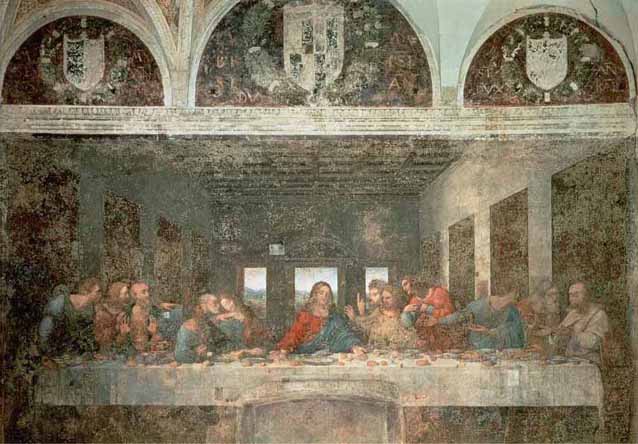
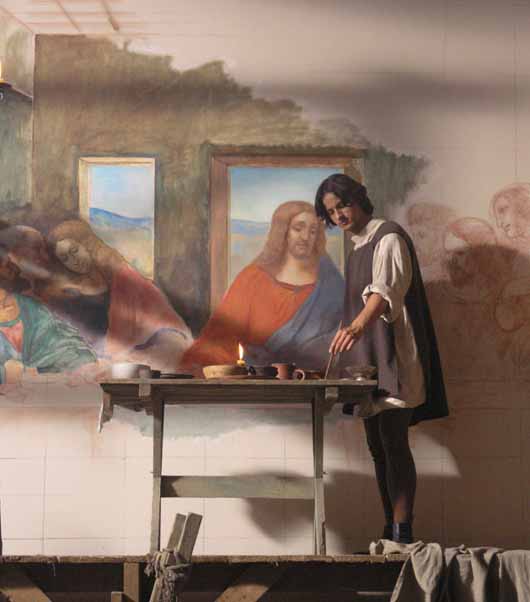
Why is Da Vinci's influence so popular in today's culture?
Da Vinci's popularity - his ability to fascinate people - is centuries old. There is a certain amount of mystery associated with him, and the genius of his surviving work - the Mona Lisa, the Last Supper - still moves viewers to this day. The mystery and the genius always begs the question - who was this extraordinary man and what drove him to do what he did, to reach as far as he did, and create the kind of masterworks which have never been equaled. People remain fascinated and have for many years.
Do you believe Da Vinci's legacy contained encoded messages to be recognized and brought to the public eye at this time?
No, I think the mystery of Leonardo da Vinci is a mystery created by his own secretiveness. His backwards writing, for instance, is most likely the product of his left handedness and lack of formal education - and yet it leaves the suggestion that something was being hidden. There is no historical evidence that he was ever involved in secret societies or conspiracies. But even with the 15,000 pages that he is supposed to have created, much of his life is shrouded in the unknown. He never married. He never had close associates outside of the young men that work as his assistants. His notebooks contain very little of what might be called personal information. His life continues to hold mystery, inspire speculation and captivate the imagination.
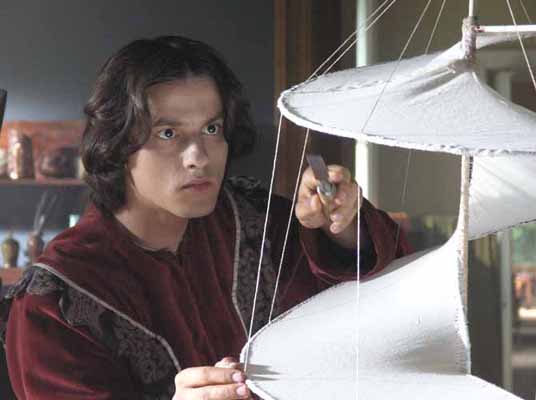
Thank you! I am sure the viewers will enjoy the program about Leornado Da Vinci as brought forth from your research.